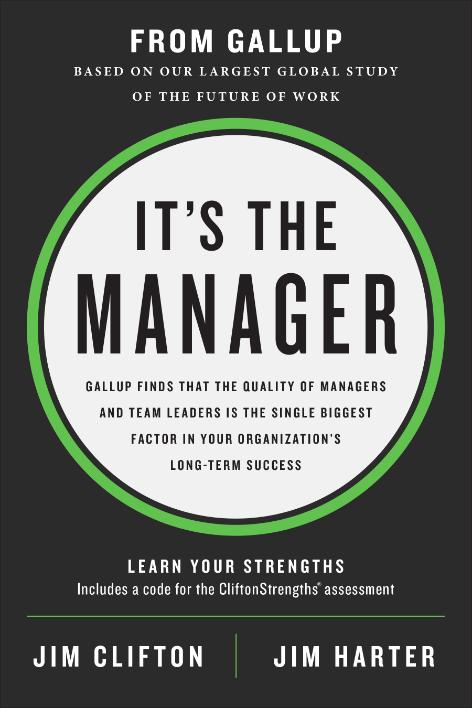Story Highlights
- More workers are going remote than ever before
- Engagement depends more on manager interactions vs. specific remote practices
- Managers are key in understanding what work environment employees need
Since the outbreak of COVID-19, the number of people who have worked remotely because of concern about the coronavirus has risen by 46 percentage points. And their companies seem to be providing the resources and infrastructure these workers need: 59% of remote workers are very confident they are successfully meeting their job requirements.
That's good news to the chief executives who are reconsidering their physical spaces -- as the CEO of Barclays bank, Jes Staley, recently told The New York Times: "The notion of putting 7,000 people in a building may be a thing of the past." But an ability to meet job requirements isn't the same as performing at excellence.
For that, people need great managers. No matter where they work. Indeed, where your people work may have a lot less impact on your company than who manages them: Your managers are accountable for up to 70% of the variance in your employees' engagement, and Gallup's workplace data are crystal clear that employees want coaches, not bosses.
And now, when you're deciding when and how many employees should transition back into the workplace, those managers are your key to coaching for consistent productivity amid destabilized workplace conditions.
Indeed, where your people work may have a lot less impact on your company than who manages them.
Workplace productivity has a lot to do with the conversations -- about roles and relationships, progress reviews, check-ins, etc. -- your managers have with employees. Managers have been, or should have been, having these productive conversations with your employees since they went remote.
And they should continue because those conversations get results. They need to happen often, with all employees, but your remote employees will need closer attention paid to expectations, accountability and obstacles.
It may be that your employees who didn't have those conversations with their managers are the ones struggling the most to meet job requirements. Gallup finds that remote workers are three times more likely to be engaged if they receive feedback from their manager at least a few times per month, and a manager's meaningful feedback has a greater impact on their engagement than on in-house workers.
Remote workers are 3xs more likely to be engaged if they receive feedback from their manager at least a few times per month.
In any case, shifting managers from bosses to coaches will prevent an interruption in the workflow -- and improve results -- in a down economy when predictable outcomes are needed most. So, while you're planning your next normal, be sure to concentrate on the here and now with your managers.
Help your managers coach their teams through frequent conversations so employees can contribute their best every day, from anywhere. That way, when managers and employees return to the workplace, they can pick up on the conversation where they left off. And if they continue to work from home even once restrictions on business and school closures are lifted -- as 59% told Gallup they would prefer to do when asked in early April -- companies won't miss a beat.
Gallup can help you prepare your managers for the changes ahead:
- Explore our learning programs that help leaders and managers motivate and engage employees.
- Use what we know about how people and workplaces behave in a crisis to effectively lead through COVID-19 disruption.
- Get more research and advice on working remotely.





